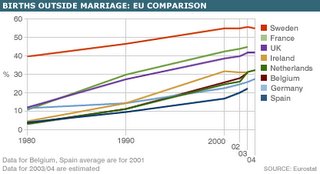This piece, from Reason, has a similar theme to the one I posted yesterday from Maxim but it delves deeper into the philosophical thought processes;
How the neoconservative right adopted the worst errors of the left
".....neoconservative optimism about the prospects for global social engineering seemed to have triumphed any doubts that arose from that domestic skepticism."
The writer uses Thomas Sowell's theory of "constrained" (conservative) and "unconstrained" (left liberal) vision to show how the Bush administration has pretty much adopted the latter worldview. Not only in its approach to Iraq but in the domestic social programmes it is running.
Sowell's constrained vision in its purer forms is probably a shade too constrained, too ready to assume that old customs continue to serve their traditional functions under changed circumstances. But it is the worst features of the unconstrained vision—its hubris, its pretense to omnicompetence—that have taken hold of the right. And if there is wisdom in each of the two perspectives, it should be worrying that, for all the other differences between the major parties, between progressives and conservatives, in this one fundamental way the political landscape increasingly offers only half the picture—different refractions of the same unconstrained vision. With the waning of the constrained perspective's tempering influence, we're left with a political vision that's dangerously double.
Precisely. I suspect over the coming years, throughout the developed world, the only choice we will have is between big government and bigger.
Combat: #22 – S01E22 | Night Patrol | Vic Morrow
35 minutes ago












